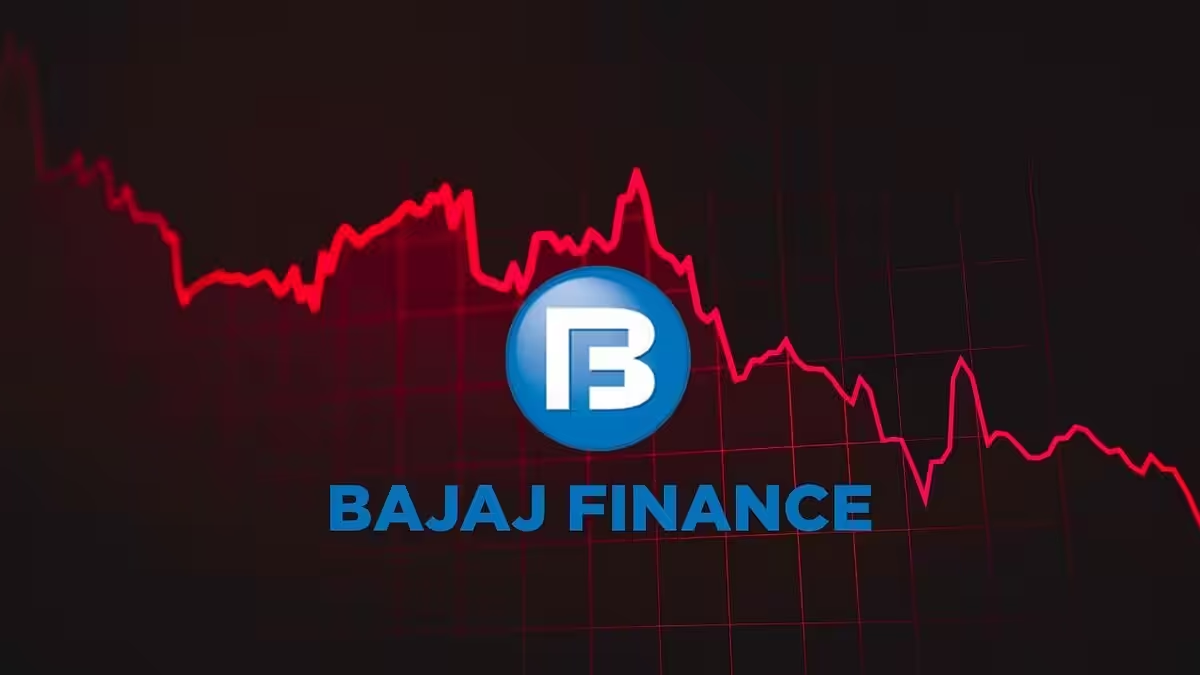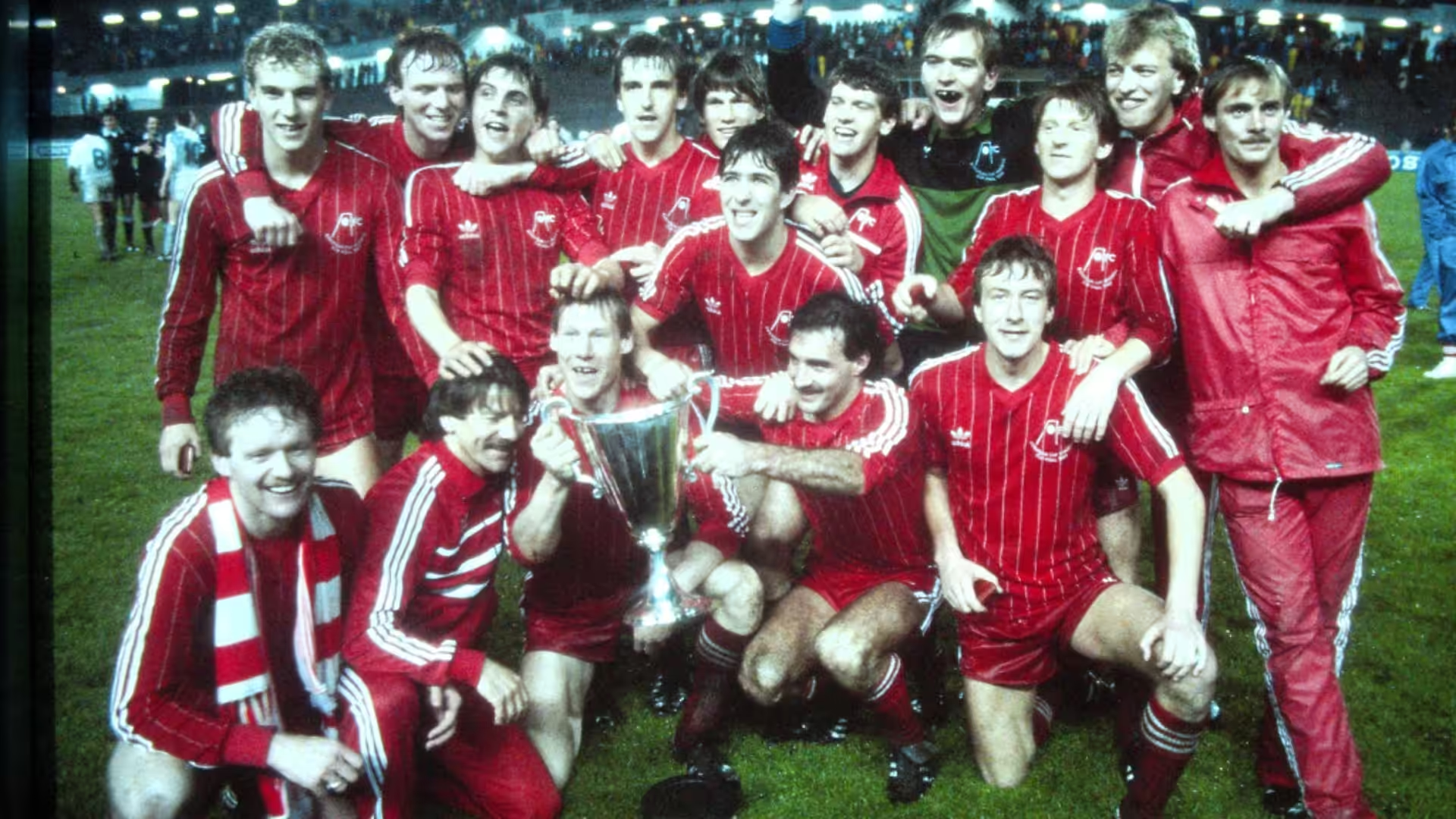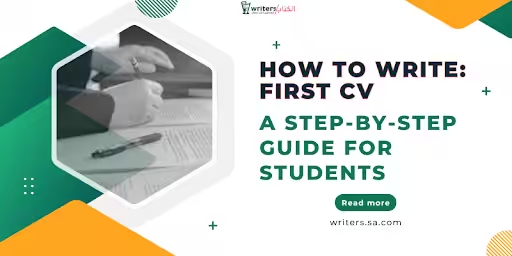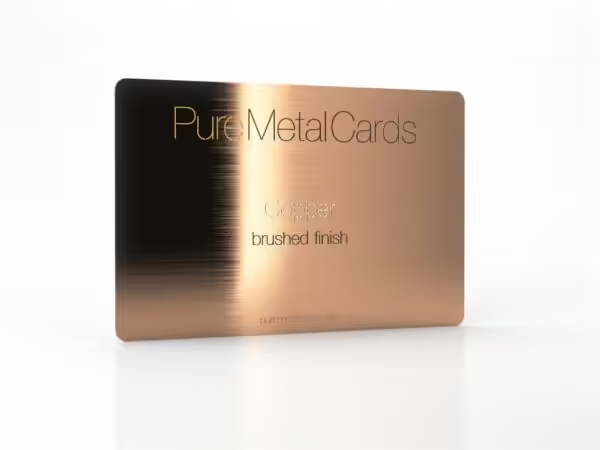As you prepare to write your resume, you might feel terrified, especially when you have little to no actual work experience to showcase. You might think, as a student, that you have nothing to offer. However, just because you are a student does not mean you cannot apply for a job. None of the prospective employers will care about your formal work experience alone. They will care about the value of your education, skills, extracurricular activities, and personal projects. You just need to know how to present that value on paper. If you are applying for your first internship, a part-time job, or a scholarship, this step-by-step guide can help you write a polished and professional student resume that showcases everything that you have to offer.
Put Your Skills Into Action And Cover Your Lack Of Experience
Your abilities carry a lot more weight when they are supported by action. This is where your school projects, class work, and extracurricular endeavors come into play. If you don’t have job experience, real examples of your work can demonstrate your ability to a potential future employer. Whether a group presentation, a coding project, or a research paper, this is your opportunity to illustrate your application of knowledge in meaningful ways. Online CV editing companies and professionals can make your resume a very professional one and help you stand out in the job market.
- Start With A Professional CV Format
The first step in writing a CV is to choose a clean and professional layout before anything else. The CV should be well-written, easily readable, and visually appealing. Simple fonts like Arial or Calibri are suggested for a resume. Keep it between one or two pages max. A professional layout makes a strong first impression and ensures that your most important information stands out. Avoid using templates with unnecessary colors, graphics, or columns that confuse the ATS used by employers.
Recommended CV Structure
- Contact information
- Personal statement
- Education
- Key skills
- Projects
- Coursework
- Volunteering
- Extracurricular activities
- Achievements or certifications
- References
- Add Your Contact Information
The contact information should be clearly written, professionally presented, and easily accessible at the top of your CV, as it is the first thing employers will see. These details should be concise and do not need to take up a lot of space. Make sure to cover only the essentials.
What to include?
- Full name
- Phone number
- Professional email address
- Location
- linkedIn profile
- Portfolio
- Write A Personal Statement
The personal statement or a CV summary is a brief paragraph at the top of your CV that gives recruiters an idea of your profile. Basically, who you are, what you are good at, and what you are aiming for is what a personal summary describes. Even when you don’t have any work experience, a summary helps you secure a strong first impression on the recruiter.
For example:
“As a motivated and creative marketing student with strong communication skills and an avid interest in digital media and branding, I have gained extensive experience in several different capacities promoting and managing the social media and other communications for clubs at school, and creating engaging content. I am ready to apply my experience as a marketing intern and contribute to a team.”
- Highlight Your Education
As a student with little or no work experience, your education is one of your strongest assets, so it deserves a prominent place on your resume. This section showcases your academic background, dedication, and any relevant knowledge you’ve gained through courses or projects. Professional CV writers mention the most important parts of your resume in a way that highlights the details to catch the recruiter’s eye.
- Showcase Relevant Skills
As a student, you may not have prior work experience, but you have developed skills through your studies, extracurricular activities, side projects, and daily life. This section is your chance to show employers what you can already do and how you will contribute to their team.
What types of skills should I include?
Technical or job-specific skills are measurable abilities you have learned through school, courses, or personal projects.
- Microsoft Office (Word, Excel, PowerPoint)
- Programming Languages (Python, Java, C++)
- Graphic Design (Canva, Adobe Photoshop)
- Social Media Management
- Research and Data Analysis
- Google Workspace tools
Soft skills are the strengths in the way you work and interact with others, just as important to employers.
- Communication
- Time Management
- Problem-Solving
- Team Collaboration
- Leadership
- Critical Thinking
- Adaptability
- Add Projects or Academic Work
When you don’t have job experience, projects and academic work serve as strong evidence of your skills, interests, and initiative. Whether they were completed through your coursework, personal learning, or collectively, these overarching experiences can demonstrate to employers what you can do.
This section is designed to help you focus on the things you have accomplished, even if they were not related to a job.
What to Include?
- Project title
- Date or academic year
- Brief description (2–3 bullet points)
- Key outcomes or tools used
- Group or solo project? (optional)
- Include Volunteering or Extracurricular Activities
Your volunteering, leadership, and extracurricular activities are just as valuable as any job experience when you are a fresher. These add-ons demonstrate that you are proactive, cooperative, and organized. Employers want to know your cooperative, responsible, and individual abilities equally.
Do not shy away from your after-class activities. If you were the head of a student society, a volunteer at a local charity, or an organizer of an event, make it known here and leverage that work.
What to Include?
- Role or title
- Organization or club name
- Dates of involvement
- Key responsibilities or contributions (2–3 bullet points)
- Achievements or impact
- Mention Certifications or Courses
In today’s competitive environment, certifications and online courses are a great addition to your CV. This is especially true if you don’t have much job-related experience. They demonstrate initiative and willingness to learn, and typically, they offer skills that employers appreciate.
Whether you completed a short course on digital marketing or earned a coding certificate from platforms like Coursera or Google, this part adds quality to your base of knowledge.
- Add Achievements & Awards
You can include your personal and academic achievements in your CV, even though you don’t have any work experience. Awards show employers that you are motivated and hard-working and have done well, whether that is through your studies, extracurriculars, competitions, or your own personal projects.
- References
References are people who can refer you or verify your character, skills, and/or academic success. This is an optional section, but a reference can support your application, especially if you don’t have prior work experience.
Most employers won’t call references until after you’ve been interviewed, but they like to know you’ve listed a person who, if everything goes well, may be able to speak on your behalf, if necessary.
Who Can You List as a Reference?
- Teachers or professors
- Internship supervisors (if applicable)
- Club advisors or society heads
- Mentors, tutors, or project leads
- Volunteer coordinators
How do you say you have no work experience?
Include the skills section in place of your work experience section.
Can I download a resume template?
You can find templates online on different platforms and websites.
Does resume score matter?
A higher ATS score means your resume is more likely to be seen by human recruiters.
Conclusion
Creating a CV without any work experience may seem difficult at first, but this is actually a chance for you to reflect on your learning, accomplishments, and potential. All students have to start somewhere. Your education, skills, projects, and activities already convey a considerable amount about yourself.
The most important thing is to project your potential confidently and clearly. Employers are not just looking for experience; they are also seeking ambition, curiosity, a willingness to learn, and someone who fits well into their team. Your carefully constructed CV can accomplish that.















